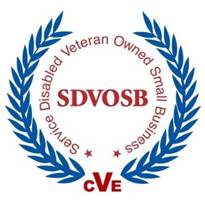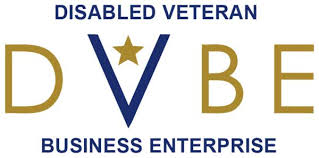How do I Start? Contracting from Start to Finish (Part II)
Last post we discussed the pros and cons of entering the mysterious world of government contracting, so if you are reading this, you are probably ready to go to the next step. So, the next step is to decide what level of contracting you want to pursue. There are several considerations that are necessary to evaluate before making this decision.
How long have you been in business?
What is your largest customer or client?
What is your capacity, how far, how fast, how many can you deploy for an opportunity?
There are several other questions, but you get the idea. Once this is established, the next major area to determine is: what is your basic core competency that you want to offer to the government? You cannot be all things to all people. Finally, how is that prepared? In most areas of government contracting, we use a tool called a Capability Statement.
If your capability, capacity, credibility, and past performance (3C1P®™) is significant, then you may consider work with Agencies/Utilities, the State and federal government at various levels. If your 3C1P®™ is weak, then smaller municipalities, agencies/utilities, and possible sub-contracting opportunities make a great way to start.
Once these questions have been addressed, now you are ready to go onto the next step.
Now, comes the hard part, market research. You will need to determine who buys what you are selling. It might be time to offer a couple of tips here. Depending on the sector you selected above, there are online tools to assist in your research. If you want to pursue federal contracts, every federal contract is posted here: https://www.fpds.gov/fpdsng_cms/index.php/en/ or you can pay for a myriad of very good and comprehensive services with my favorite: http://about.bgov.com/?utm_source=bloomberg-menu, but there others like Onvia, Deltek, etc. At the state level, each state tracks their contracts in a different area, but they all track their contracts. For the State of California, go here and look around, every contract in the state can be found here: http://www.dgs.ca.gov/pd/Programs/eprocure/SCPRSData.aspx Many of the agencies and departments of cities, such as airports, water departments, and ports will publish a forecasting of upcoming opportunities.
And unfortunately, many of the others do not publish their contracts. Under the Freedom of Information Act, you can request contracts for municipalities and counties, or check your local county to see their procurement website to determine if they post awards on their sites.
So, hopefully, this is helping you make a decision. In Part 3, we will discuss the actual prerequisites for contracting with the government.

